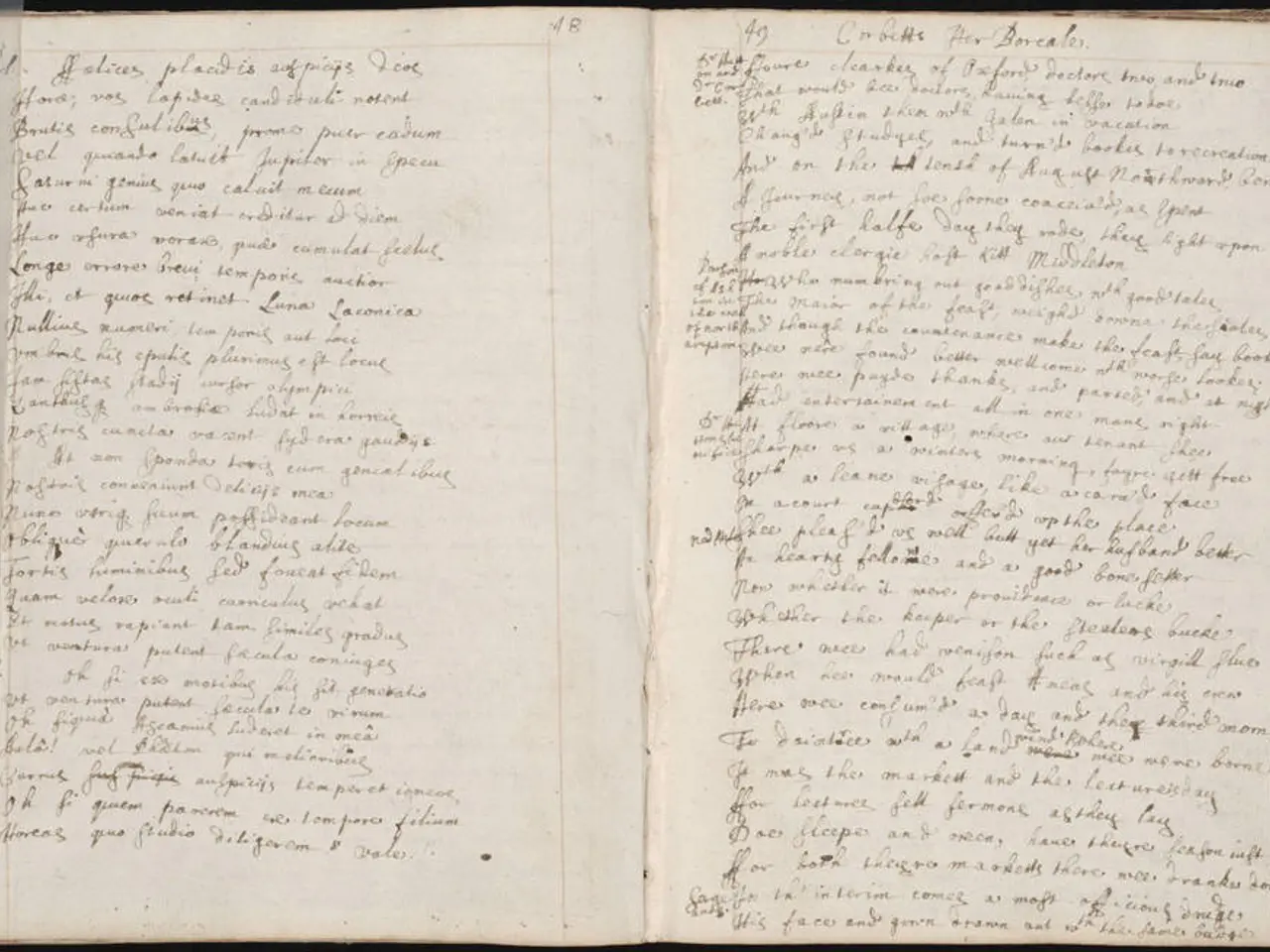Film creators are entitled to royalty payments when their works are broadcast on radio stations, according to a ruling by the Bombay High Court.
The Bombay High Court has made a landmark decision on April 28, 2023, recognizing the rights of authors and composers to claim royalties for their songs used in films, even when these songs are broadcasted on radio stations.
The case in question was brought before the court by the Indian Performing Rights Society Limited (IPRS), an organization that protects and enforces the rights, interests, and privileges of authors, composers, and publishers. IPRS argued that its members are entitled to royalty payments on each occasion their original works are communicated to the public by the defendants, which are various FM Radio channels that broadcast film songs.
Justice Manish Pitale, in his interpretation of the amendments to the Copyright Act, used statements of objects and reasons and parliamentary committee reports as aids to interpretation. The court held that depending on the nature of the proviso and the interplay of various provisions of the statute, even a proviso can give rise to a substantive right in favor of a party.
The main contention of IPRS is that amendments to the Copyright Act in 2012 entitle its members to royalty on each occasion a sound recording is communicated to the public. The court concluded that the exclusive right of the defendants under Section 14(e)(iii) of the Copyright Act to communicate the sound recording to the public is subjected to the right to collect royalties now available to the authors of such literary and musical works.
This order nullified the earlier interpretations of the sections 13, 14, and 17 of the Copyright Act prior to the amendments dated June 21, 2012. The court granted an interim injunction and directed payment of royalties, at the rates prescribed, to the plaintiff.
It is important to note that this is a path-breaking decision as for the first time the court has recognized the rights of the authors and musicians to collect royalties for the songs which form part of a cinematography work if such songs are broadcasted or communicated to the public by any mode other than cinema in a cinema hall.
In 1997, the Supreme Court interpreted the Copyright Act to hold that authors of original literary or musical works could no longer claim royalties if their works were communicated to the public in any form through any medium or means other than as part of the relevant cinema. This decision has now been overturned by the Bombay High Court, providing a significant victory for the rights of authors and composers in India.
This article uses an image courtesy of Dave Weatherall.
The defendants, in their primary contention, assert that the amendments to the Copyright Act are clarificatory in nature and do not grant any new substantive rights to IPRS. However, the court held that the legislature has brought amendments wherever necessary in the relevant provisions of the Copyright Act to achieve the object for which such amendments have been introduced.
This decision sets a precedent for the recognition and protection of the rights of authors and composers in India, ensuring that they are fairly compensated for the use of their works in various forms of media.







